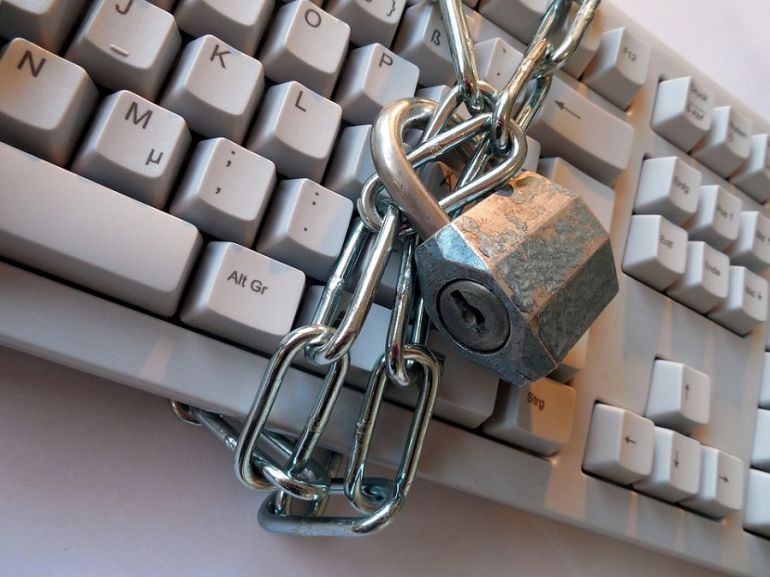Many Internet users still have to learn how to effectively master such selection of passwords which will provide them with online safety. According to the data collected by Kaspersky Lab, many people expose their safety by the choice of wrong passwords or by making different mistakes in this field. It can really have long-range consequences.
The survey conducted by Kaspersky Lab revealed three common mistakes related to the use of passwords. Many Internet users are exposed to danger by:
- using the same password for many accounts. If such password leaks, the Internet user's several profiles on different websites can be page-jacked;
- using passwords which are easy to crack;
- storing passwords unsecured.
Taking the amount of private and confidential information stored online into account, we should be more careful about securing ourselves by efficient protection based on a password. This recommendation seems obvious, however, many people may be not aware of the fact that they can fall into a trap by making simple mistakes in the management of their passwords. In fact, these mistakes involve leaving “open doors” by giving an access to e-mail messages, bank accounts, private data and other digital information – says Andriej Mochola, Director responsible for solutions devised for consumers, Kaspersky Lab.
The survey conducted by Kaspersky Lab proved that the attempts in hacking the accounts concerned many users (nearly one out of fifteen – 18 per cent), however, only some of them used efficient passwords for data protection (for instance, one third of people created new passwords for different online accounts).
Another problem is the fact that passwords used by the Internet users are not strong enough. Only the half of the respondents (47 per cent) used a combination of capital and small letters in their passwords, and two out of three users (64 per cent) used both letters and numbers.
According to the survey, people often manage their passwords wrongly. Nearly one third (28 per cent) of the surveyed passed their passwords to other persons from the closest family, and one out of ten users (11 per cent) revealed them to their friends. Unfortunately, the password can “leak” outside the trusted circle. People also use such methods of remembering passwords which are not secured. Ca. 22 per cent of the respondents admitted to saving their passwords in their notebooks. In such case, there is a risk that someone will see and then use the password.
People still make fundamental mistakes when it comes to online passwords. The best passwords are such ones which cannot be found in a dictionary. They are long and composed of capital and small letters, numbers and special characters. The problem is that people have so many online accounts that remembering one safe password to each of them is not easy. Using the solution to manage passwords can help to remember and generate passwords, minimizing risk that someone is going to crack the account – adds Andriej Mochola.
